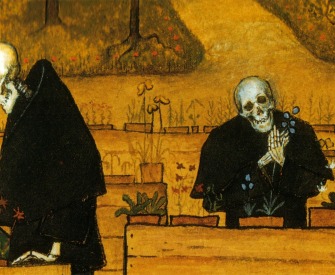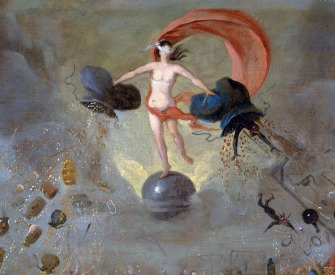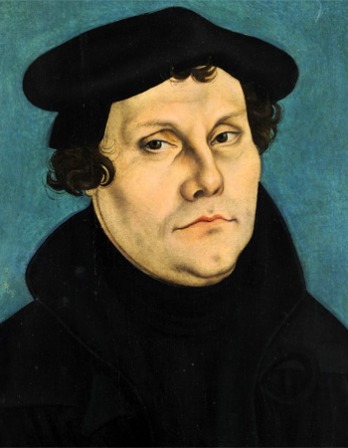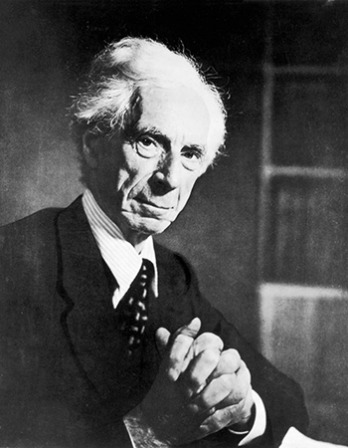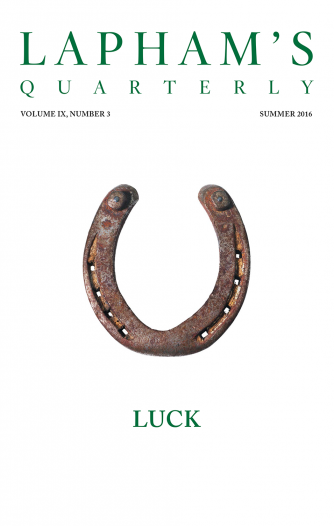The Seleucid emperor Antiochus came to Jerusalem with his army. Having been admitted within its walls, he treated the inhabitants with great cruelty, sparing not even those who had let him into the city. He dismantled the walls of Jerusalem, burning the finest parts of the city, and stationed a Macedonian garrison in a citadel overlooking the temple.
He carried away the golden vessels and treasures of the temple, putting a stop to the sacrifices. He polluted the altar by offering up swine on it, knowing that this was against the Law of Moses. He compelled the Jews to give up their worship of God and to stop circumcising their children. Those who persisted were mutilated, strangled, or crucified, with their children hung from their necks.
At this time there was a Jewish priest named Mattathias who lived in the village of Modin. He had five sons: John who was called Gaddis, Simon called Mathes, Judas called Maccabeus, Eleazar called Auran, and Jonathan called Apphus. Some of the king’s men came to Modin to compel the Jews to sacrifice as he had ordered. Because Mattathias was a leader there, they wanted him to be the first to sacrifice, knowing his fellow citizens would follow. Mattathias refused, saying that even if all others obeyed Antiochus’ commands, he and his sons never would.
But another Jew sacrificed as Antiochus had commanded. Mattathias and his sons took out broad-bladed knives and cut the man down. After overturning the pagan altar, Mattathias cried out, “Whoever is zealous for the laws of our country and the worship of God, follow me!”
He and his sons then fled to the desert, and many others followed him, and lived there in caves. Marching against them, the Syrians burned them inside their caves on the Sabbath day. Not only did the Jews not resist, they failed even to block the mouths of the caves, and about one thousand suffered. Many, however, escaped with Mattathias, whom they appointed leader. He directed them to fight even on the Sabbath, otherwise the enemy would always choose that day to attack, and they would all be destroyed.
Gathering a large force, Mattathias and his men overturned the pagan altars, killed those who had sacrificed on them, and ordered all their boys circumcised. After he had been in command for a year, however, he became ill. Urging his sons to continue the noble effort he had begun, he told them to choose their brother Simon as paternal adviser and Maccabeus as commander, because of his courage and strength. Then he died and was buried in Modin, greatly mourned by the people.
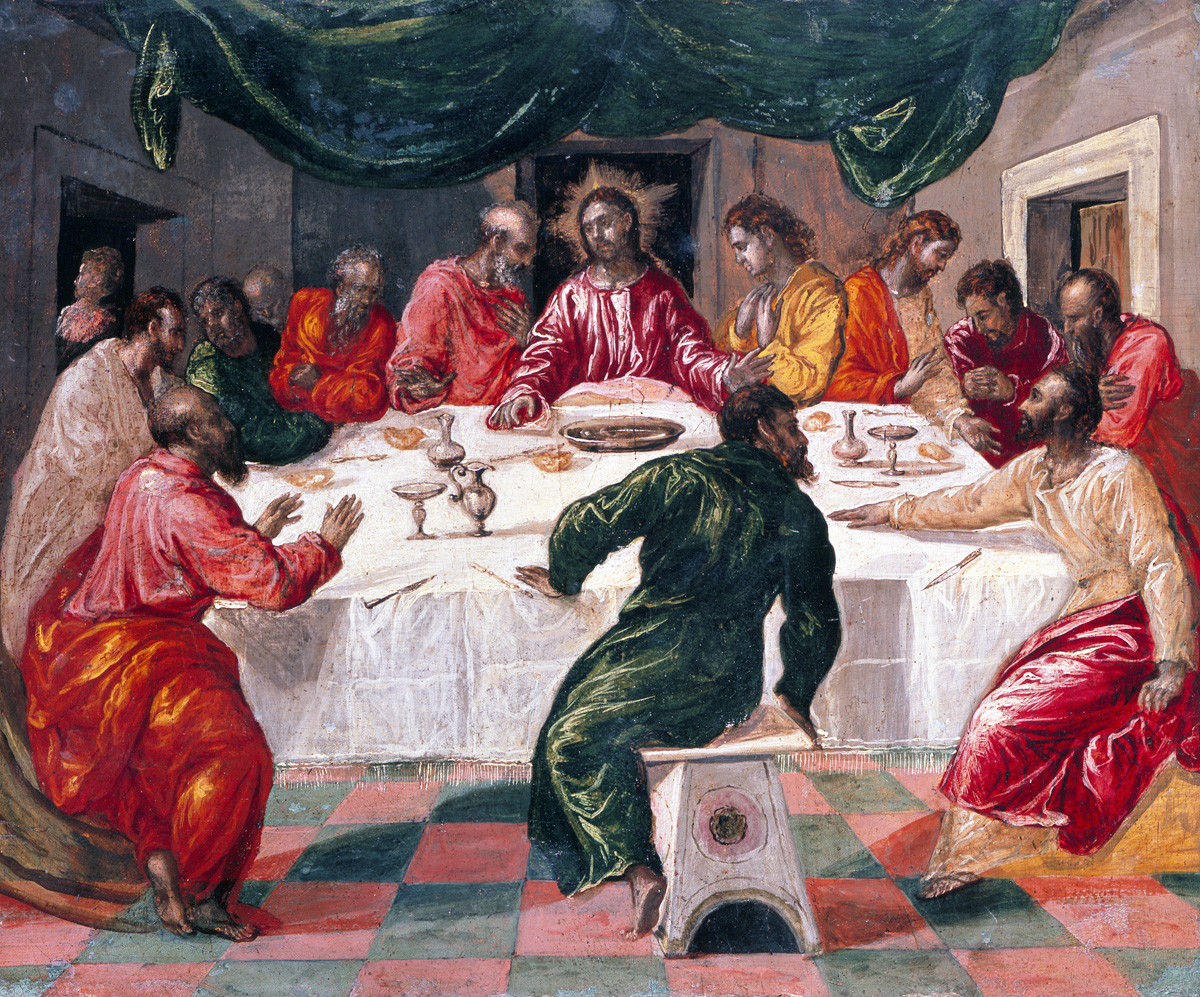
Last Supper, by El Greco, c. 1567-70. National Art Gallery of Bologna, Italy.
Judas Maccabeus, with his brothers and followers, drove the enemy from the country. Apollonius, the governor of Samaria, advanced against Judas but was defeated and killed. Next, Seron, governor of Coele-Syria, met the same fate, even though his army greatly outnumbered Judas’.
Lysias, who had been left in charge of Syria while Antiochus was in Persia, now invaded Judaea with an army of sixty thousand infantry and five thousand cavalry and camped at Bethsura. Judas met him with ten thousand, asking God to assist him, and joined battle with the enemy’s advance party, killing about five thousand. Alarmed at the desperate spirit of the Jews, Lysias called back his troops and returned to Antioch, where he prepared to invade with an even larger army.
Judas then told his people that after these victories which God had given them, they ought to go up to Jerusalem and purify the temple to offer sacrifices. Rebuilding the altar and restoring the sacred implements, they rekindled the lamp stand and burned incense there, three years to the day since Antiochus defiled the temple. Judas and his men celebrated a great feast which lasted for eight days, and which we continue to observe as the Festival of Lights.
From A History of the Jewish Wars. Born into Jerusalem’s aristocracy, the historian at the age of sixteen undertook a three-year journey into the wilderness with an ascetic hermit. In 66 he joined a Jewish revolt against Roman rule. Later arrested and led in chains to General Vespasian, Josephus avoided the punishment of death by prophesying that Vespasian would become emperor; three years later, he was.
Back to Issue


